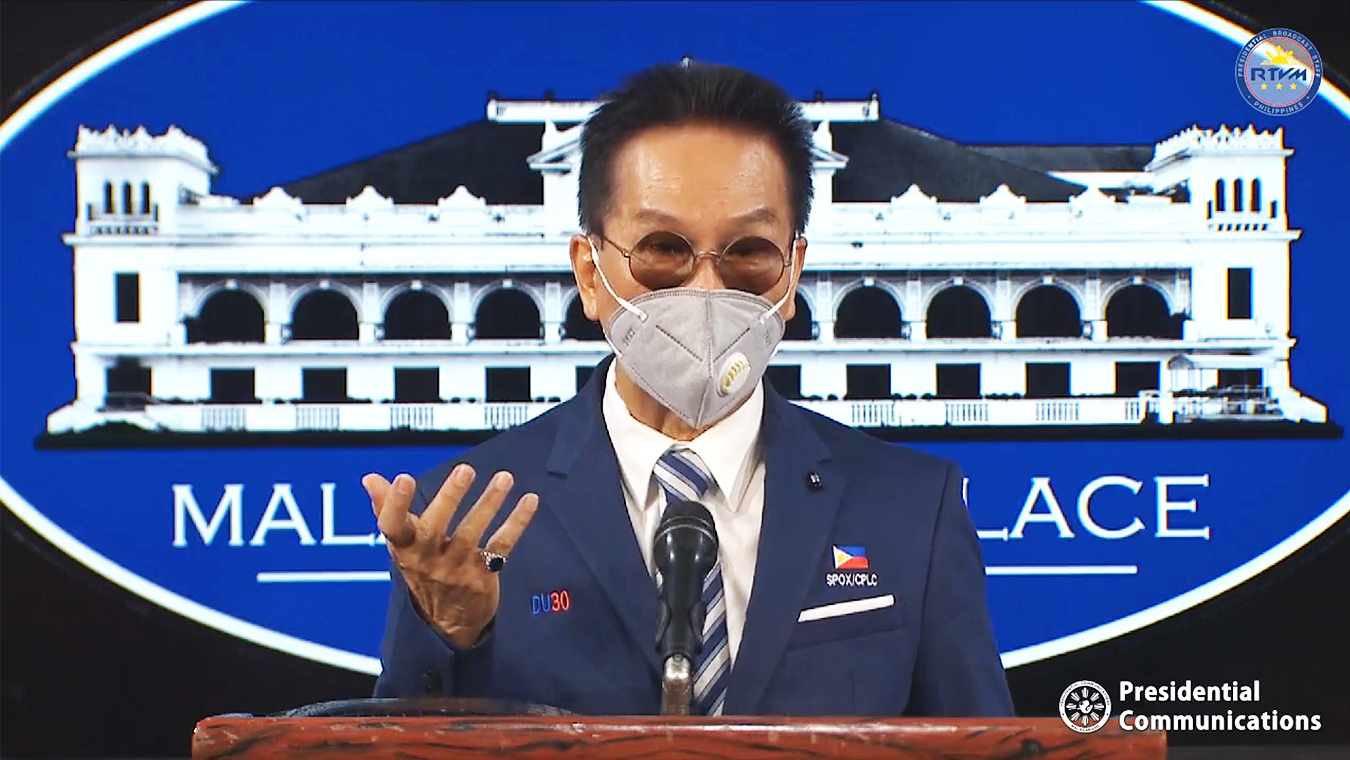VERA Files Fact Check recently debunked two claims in a viral post by a municipal mayor in Isabela with incorrect advice about preventing infection with COVID-19.
Taking a hot bath will not work against the coronavirus disease 2019, and there is no evidence that gargling with a variety of liquids will prevent respiratory infections. (Read: VERA FILES FACT CHECK: MISLEADING tips to prevent COVID-19 go viral again on social media)

In this story, VERA Files gives context to three more claims made in the post, as well as the science behind its only two factual tips.
|
Claim |
Rating |
|
The coronavirus has a predictable propagation mode, it will multiply faster in the cold winter. |
NEEDS CONTEXT |
It is not yet clear whether COVID-19 is a seasonal disease or not. But health experts in an October 2020 article in Nature said colder weather may contribute to bigger outbreaks during winter, because it forces people to congregate in confined spaces with poor ventilation.
This, however, does not mean that people can be complacent in summertime, with experts adding that the biggest contributing factors to the size of an outbreak are control measures like mask wearing and physical distancing.
Two doctors in New York and Texas interviewed for a December 2020 Healthline article also said virus transmissibility depends on “what temperature makes people do” and that “weather by itself does not have a correlation with transmission.”
Meanwhile, doctors in a December 2020 National Geographic article explained how cold, dry air may affect the body’s ability to fight off respiratory infections such as the flu and COVID-19.
|
Claim |
Rating |
|
The intake of vitamin D supplements during winter can reduce respiratory tract infections by two-thirds. |
NEEDS CONTEXT |
A systematic review in 2017 of 25 clinical trials, published in the British Medical Journal, found out that vitamin D supplementation may reduce the risk of getting at least one acute respiratory tract infection, but not by two-thirds as claimed by the circulating message.
An editorial on the review pointed out, however, that the results of the systematic review are not sufficiently applicable to the general population, and its evidence does not support the use of vitamin D supplements to prevent diseases other than osteomalacia (soft bones).
The country’s COVID-19 Living Recommendations, penned by the Philippine Society of Microbiology and Infectious Diseases, have not recommended the intake of vitamin D to prevent or treat COVID-19. The same goes for advice by the British National Health Service.
Experts are skeptical on the relationship between vitamin D supplementation and COVID-19 prevention because the current results have been inconsistent.
|
Claim |
Rating |
|
Ingesting excess refined sugar can lead to inactivity of our white blood immunity cells for five hours. |
NEEDS CONTEXT |
A 1973 study published in the American Journal of Clinical Nutrition found out that eating 100 grams of glucose, a type of sugar, slowed down white blood cells’ ability to digest bacteria by up to five hours.
But Kareena Abungin, Nutrition Officer II of the Nutrition Information and Education Division of the National Nutritional Council (NNC), told VERA Files Fact Check that the study should be repeated by using more modern scientific techniques because it is already 40 years old.
“Research on the immune impacts of excess sugars is still in its early stages,” Abungin said in an email response.
Diabetic patients, meanwhile, generally have a high amount of sugar in their blood which can affect the body’s immune system.
“[Diabetes impairs] the ability of white blood cells to target the site of an infection and kill the microorganisms. People who have had diabetes for a long time have reduced blood flow to their extremities, which increases the chance for infection,” Abungin said.
|
Claim |
Rating |
|
Eating wholesome high-quality proteins can be used to produce antibodies. |
FACT |
High-quality dietary proteins, which come from fish, eggs, and meat, provide essential amino acids that the body uses to create antibodies. “A deficiency of dietary protein impairs immune function and increases susceptibility to infectious diseases”, Abungin said.
Antibodies are protective proteins created by the immune system to latch on and to remove foreign substances called antigens out of the body, according to the Encyclopedia Britannica.
“Dietary animal proteins contain all the essential amino acids needed for growth and maintenance, enzyme, hormone, and antibody production. Proteins from vegetable sources lack some amino acids,” added the NNC officer.
|
Claim |
Rating |
|
We must get at least seven hours of sleep. Those who sleep less than seven hours a day would have a lowered immunity against infection. |
FACT |
Several studies have shown that lack of sleep can weaken the immune system, making the human body susceptible to infections and inflammation. One research in 2009 found that study participants who had less than seven hours of sleep were more likely to develop a cold compared to those who slept for eight hours or more.
Partial sleep deprivation also reduces the body’ immune response to influenza and hepatitis vaccines.
The United States National Institute of Health recommends at least seven to eight hours of sleep a day for adults aged 18 and up, and at least eight to 10 hours of sleep a day for teenagers between 13 and 18 years old.
(Editor’s Note: VERA Files has partnered with Facebook to fight the spread of disinformation. Find out more about this partnership and our methodology.)





